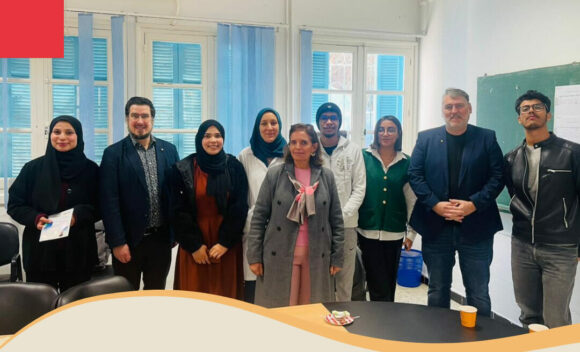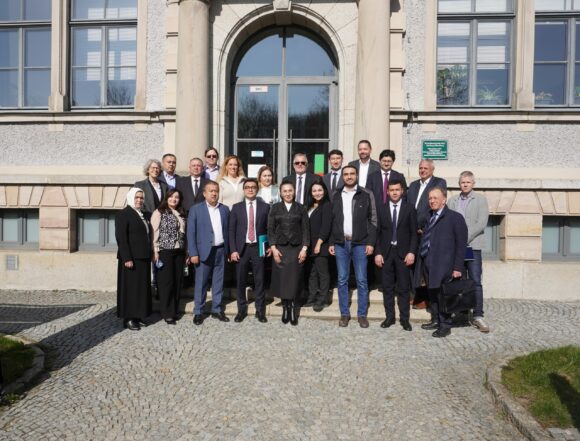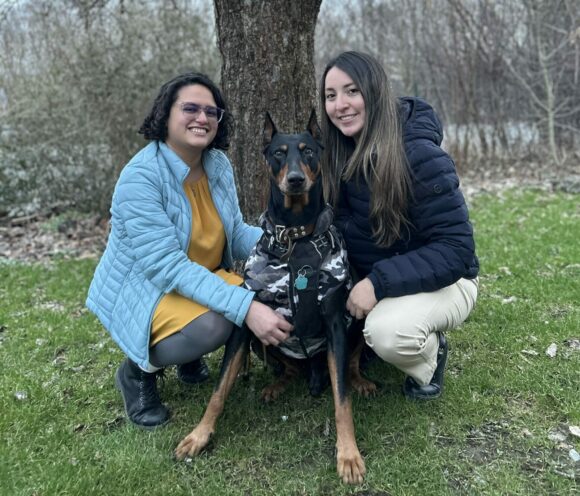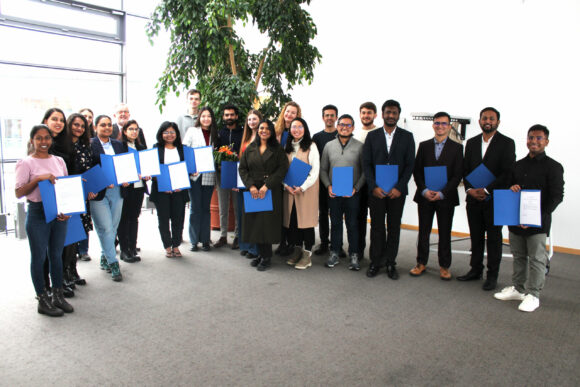The German Academic Exchange Service (DAAD) is the world’s largest funding organization for the international exchange of students and scientists. It promotes the mobility of both German and foreign students. With Prof. Dr.-Ing. Andreas Schmid, a scientist from Hof University of Applied Sciences has recently joined the DAAD in deciding on the awarding of scholarships
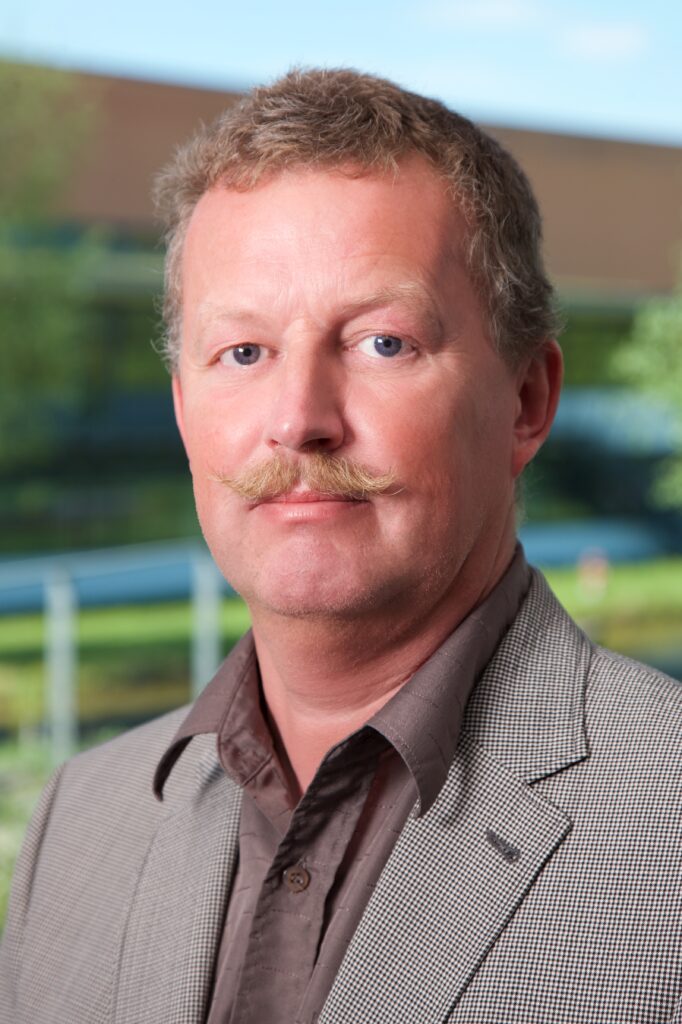
Dear Prof. Schmid, how did the contact with the DAAD come about – have you been in touch for a long time?
As a former DAAD scholarship holder, I was asked a few years ago by the DAAD to volunteer as a reviewer in the scholarship program. Of course, I gladly accepted this request, also to express my gratitude for the financial support I received at that time for my Master’s scholarship at the University of Wales / Great Britain.
So now the appointment to the selection committee?
Yes, the selection process for awarding DAAD scholarships in the context of individual funding and grants in the context of project funding is, of course, an essential feature of academic self-administration in the DAAD: The funding decisions are made in each case by independent selection committees, which play a central role in the work of the DAAD. This is where I now have the opportunity to work.
What are the concrete tasks that you personally have to deal with – how would you describe your work?
The selection committee members decide on the selection of scholarship holders, lecturers and projects of scientific cooperation in an international context (worldwide). For this purpose, about 6 meetings take place annually at the DAAD headquarters in Bonn or in Berlin. Sometimes on-site inspections in different countries are required. In some cases, personal selection interviews or presentations also take place. In the case of individual funding, the selection committee decides on the award of a scholarship, for example, on the basis of the academic qualifications and quality of the study or research project as well as on the basis of extracurricular criteria. It is also important how the selection committee assesses the applicant’s development potential and ability to assume responsibility.
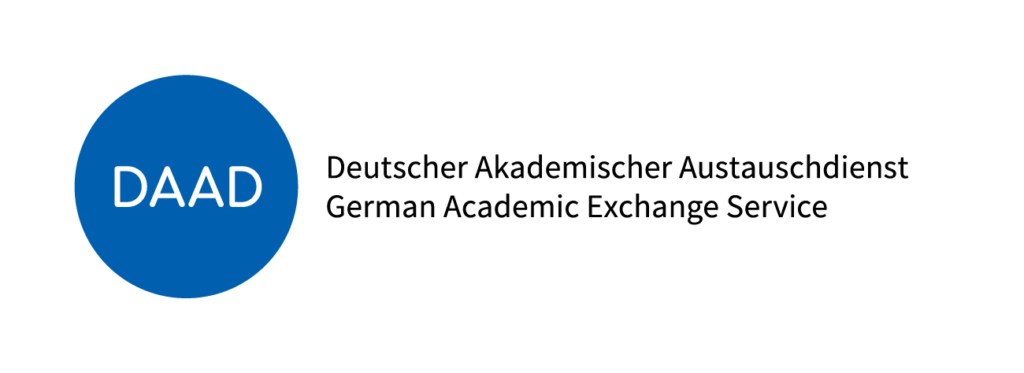
Are there any particular areas of focus?
Yes. The selection committee is entitled “HAW.International”, so we deal with applications from HAW’s for scholarships, applications for lecturers as well as grants in the context of international project funding.
And where do you see the biggest challenges at the moment?
Motivating students, despite the pandemic situation, to develop both personally and professionally in the context of studying abroad is certainly not easy at the moment. However, scientific progress takes place in an international context. From my point of view, it is therefore indispensable to deal with and also orient oneself to the current research directions in the most diverse nations / regions during academic training.
Thank you very much for the information and have fun with your new task!




